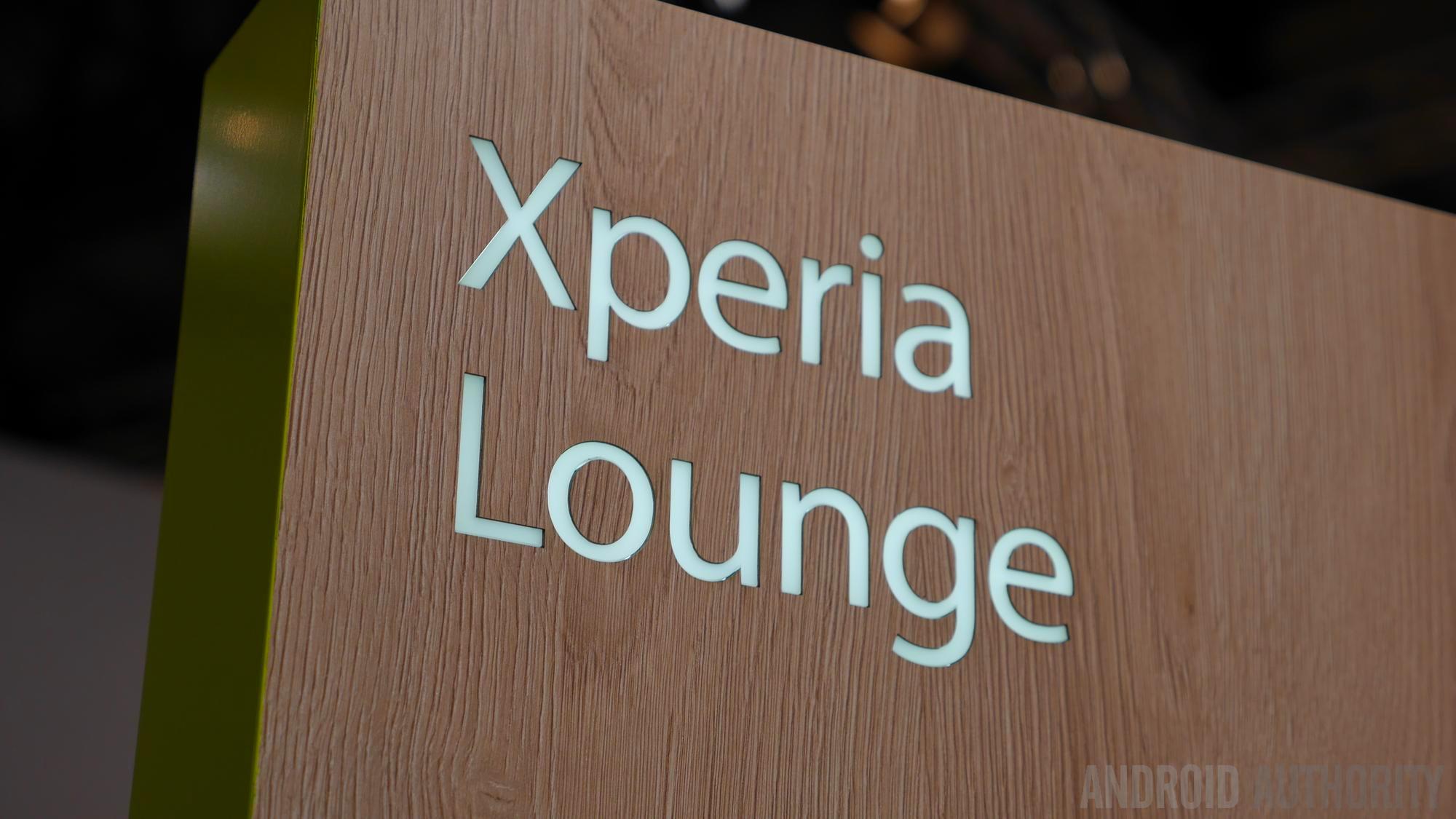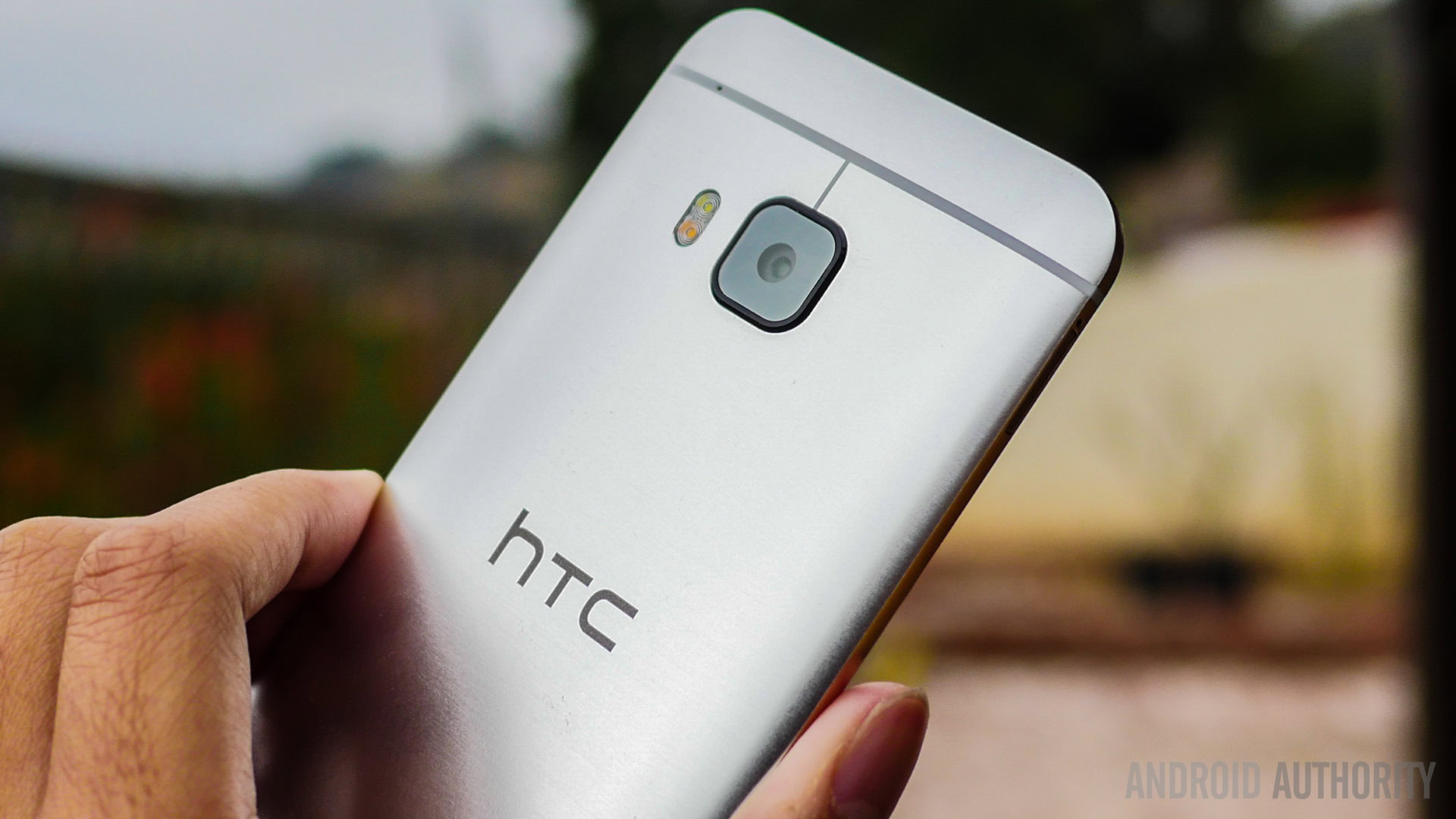Affiliate links on Android Authority may earn us a commission. Learn more.
Sony comments on Xperia Z3+ overheating issues
Published onJune 15, 2015

Comments around the thermal management have been plaguing Qualcomm’s new Snapdragon 810 chipset ever since it was announced and these issues have passed through to handsets running the next-generation processor. The metal-clad HTCOne M9 ran hot on intensive tasks and the Sony Xperia Z4 and Xperia Z3+ have also suffered from overheating with the processor.
Qualcomm has previously come out and called reports of the overheating issues ‘rubbish’ while Japanese carrier NTT DoCoMo has put advisory warnings on handsets running the processor. HTChas released an update for the One M9 and Sony has now finally responded to the heating issues that are plaguing its newest flagships.
Dutch website GSMinfo.nl found that their Xperia Z3+ sample would overheat frequently and apps such as the camera and other games would automatically close due to overheating. Responding to these issues, a statement from Sony read:
“The Xperia Z3+ is a high-performance 64-bit octa-core device with advanced camera technology, in some cases, additional heat can cause functions to stop. Enabling applications can also be felt by the user through the glass on the back. This is normal for the unit and should cause no concern.”
Sony then went on to confirm that, like HTC, it would be releasing a software update later this summer to address the thermal issue but there are worries that Sony will throttle the processor in order to keep the heating issues to a minimum. Until the update rolls out, Sony says that customers who are unhappy with the handset’s thermal management can contact its service centre in their country to discuss their options.

The Xperia Z3+ is essentially the same handset as the Xperia Z4 but sold under the Xperia Z3 Plus name in markets outside of Japan. The reason for the name change is that the modest upgrades offered by the Xperia Z4 – which include the advanced 64-bit octa-core processor, higher LTE speeds and a lighter, thinner build – are enough to be worthy of a new model number in Japan but not so in other markets.
The overheating issues in the Snapdragon 810 chipset may have resulted in Samsung switching to the Exynos 7420 in its Galaxy S6 and Galaxy S6 Edge flagships this year but others have still stuck by Qualcomm. LG worked closely with Qualcomm to optimise the Snapdragon 808 for its G4 flagship while Google is working with Qualcomm on a Snapdragon 810-powered Project Tango smartphone.
[related_videos title=”Snapdragon flagships:” align=”center” type=”custom” videos=”616170,596131,614646,606876″]
The jury’s out however on whether Qualcomm and its OEM partners can fix the thermal issues without impacting on the performance and with its Snapdragon 820 chipset not far away, Qualcomm will be hoping to rid itself of the very-public 810 thermal issues.